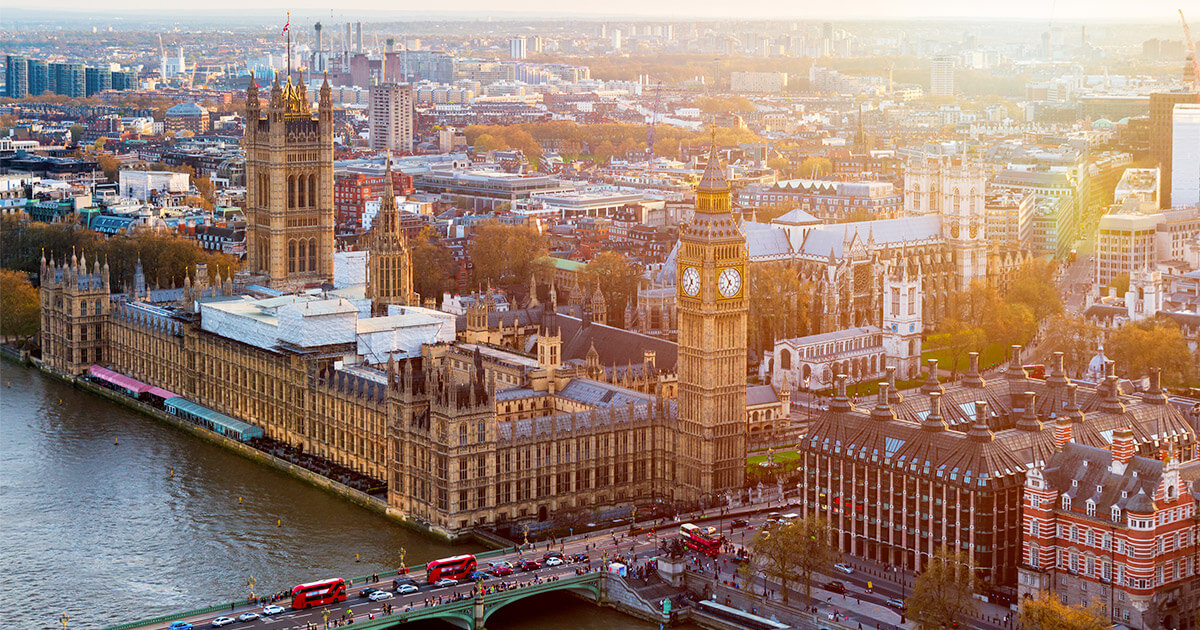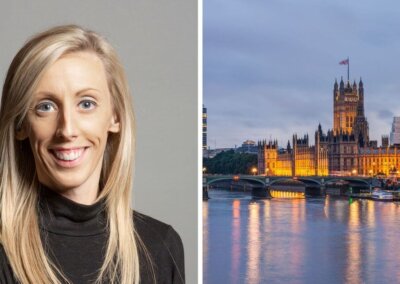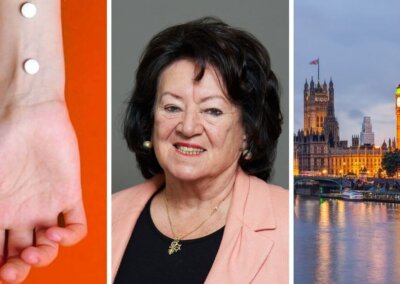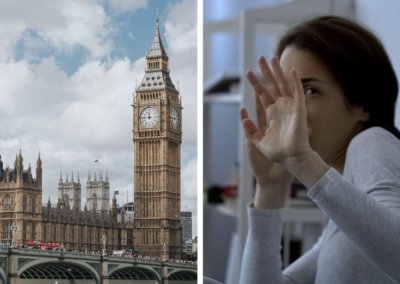A large number of MPs and Peers attended a parliamentary event, this week, on the dangers of assisted suicide and the grim reality its legalisation would bring to the UK.
Politicians from across the political spectrum heard speeches from internationally renowned Dutch ethicist Prof. Theo Boer and Mr Wesley Smith, who has been recognised as “one of America’s premier public intellectuals on bioethics” by the National Journal.
The event, which took place on World Suicide Prevention Day (Thursday 10 September), was hosted by the All-Party Parliamentary Pro-Life Group and chaired by Fiona Bruce MP.
Ahead of main speeches, the pro-life Conservative MP said: “at this particular time of global pandemic it’s all the more critical that we reassure people that every life is intrinsically valuable.”
‘Default way to die’
In his speech, Dutch ethicist Professor Theo Boer explained how he has experienced the expansion of assisted dying in the Netherlands since it was introduced in 2002.
Prof. Boer was a former advocate of legal euthanasia but changed his mind after seeing its continued expansion both in the Netherlands and other countries and the negative consequences of it.
He revealed that for many people he has witnessed assisted dying become “a default way to die”.
Fear-mongering
Mr Smith said that activists and pressure groups often use fear, in particular fear-mongering on the difficulties of death, to push through their agenda.
He added that people “very rarely” commit assisted suicide because of pain, but do so for existential reasons. These reasons may include being worried about losing their dignity and a fear of being a burden to their families and loved ones.
“I can’t think of anything more cruel than letting somebody who’s having a terrible awful time getting through the night because of existential anguish feel that their deaths have a greater value than their lives,” Mr Smith said.
He added that assisted suicide violates human rights by creating a two-tier system of valuing lives which says to some people ‘Yes your suicide is worth preventing’, but says to others ‘yours isn’t’.
Suicide crisis exacerbated
Both Prof. Boer and Mr Smith believe that the “suicide crisis” in the West is “exacerbated” by allowing assisted dying, despite claims to the contrary from activists and pressure groups.
Prof. Boer highlighted how the number of suicides in the Netherlands has risen by 35% over the past decade, coinciding with a 150% rise in the number of people seeking assisted dying, while the rate has decreased in neighbouring countries which don’t allow assisted dying.
He stated that in Germany, where euthanasia is not possible, the suicide rate has decreased over the past ten years.
Prof. Boer added: “the signal that is being sent to a society is that death is the solution to any form of unbearable and irremediable suffering”.
He further indicated that assisted dying tends to develop from being a last resort to prevent a terrible death into being a last resort to prevent a terrible life.
No medical, legal or political support for assisted suicide
Large pressure groups in favour of assisted suicide and activists have been attempting to force assisted suicide on the UK through the courts, medical bodies and parliament.
However, despite their best efforts, they continue to face obstacles and their efforts have so far been futile.
Not a single doctors group or major disability rights organisation in the UK supports changing the law, including the British Medical Association (BMA), the Royal College of General Practitioners, the Royal College of Physicians, the British Geriatric Society and the Association for Palliative Medicine.
Last year, the High Court rejected to hold a judicial review of the current law on assisted suicide, with judges stating the court was “not an appropriate forum for the discussion of the sanctity of life”. The Court of Appeal rejected an attempt to challenge this decision last month.
Similarly, in 2018, the Court of Appeal ruled that Parliament was a “better forum” than the courts for determining the issue of legalising assisted suicide.
Parliament has consistently rejected attempts by the assisted suicide lobby to introduce assisted suicide, with MPs voting 330 to 118 against introducing assisted suicide in 2015.
In January, strong opposition from MPs resulted in the Government rejecting a call for review on assisted suicide, despite the best efforts from large pressure groups in favour of assisted suicide.
The Lord Chancellor, Robert Buckland QC, has reaffirmed this stance on two occasions this year.
In February, Mr Buckland QC, stated the Government has “no plans” to introduce assisted suicide legislation.
In a letter to Dr Gordon Macdonald, the CEO of anti-euthanasia group Care Not Killing, Mr Buckland said: “Personally, I have grave doubts about the ability of legislation to be watertight when it comes to the potential for abuse.”
He added: “My predecessor was… supportive of a call for evidence but no call was initiated before he left office, nor… does the Government currently have any plans to initiate a call for evidence. This remains my position.”
Mr Buckland QC reaffirmed the Government’s stance in April, during a remote meeting of the Joint Committee on Human Rights.
Prime Minister changes stance on assisted suicide
The current Prime Minister, Boris Johnson, previously supported introducing assisted suicide to the UK.
However, he apparently had a change of heart after meeting with Lord Falconer, who has twice failed in bringing forward a Bill to introduce assisted suicide to the UK.
During the meeting with Falconer, it became clear to Johnson that supposed safeguards around assisted suicide simply weren’t effective in practice.
Ironically, he left the meeting, which had been set-up to get him more involved with campaigning for assisted suicide, more aware of the practical issues with allowing assisted suicide.
He then went on to to vote against an assisted suicide bill brought forward by Labour MP Rob Marris in 2015.
This was a landslide victory for campaigners opposed to the Bill, with 330 MPs voting against the Bill and only 118 in support.
Ahead of voting against the Bill, Boris Johnson said: “The Bill may seem compassionate but I have serious concerns about it working in practice. I cannot support it.”
In line with his new views, Boris Johnson unveiled an additional £25 million funding for hospices in a bid to ease end-of-life care last year.
Deeply flawed polling
Assisted suicide pressure groups cite a poll that shows there is widespread support for legislation of assisted suicide, yet experts have heavily criticised the polling as deeply flawed.
Additionally, when asked questions that drill down into the merits of the debate, the percentage of those in support drops dramatically.












